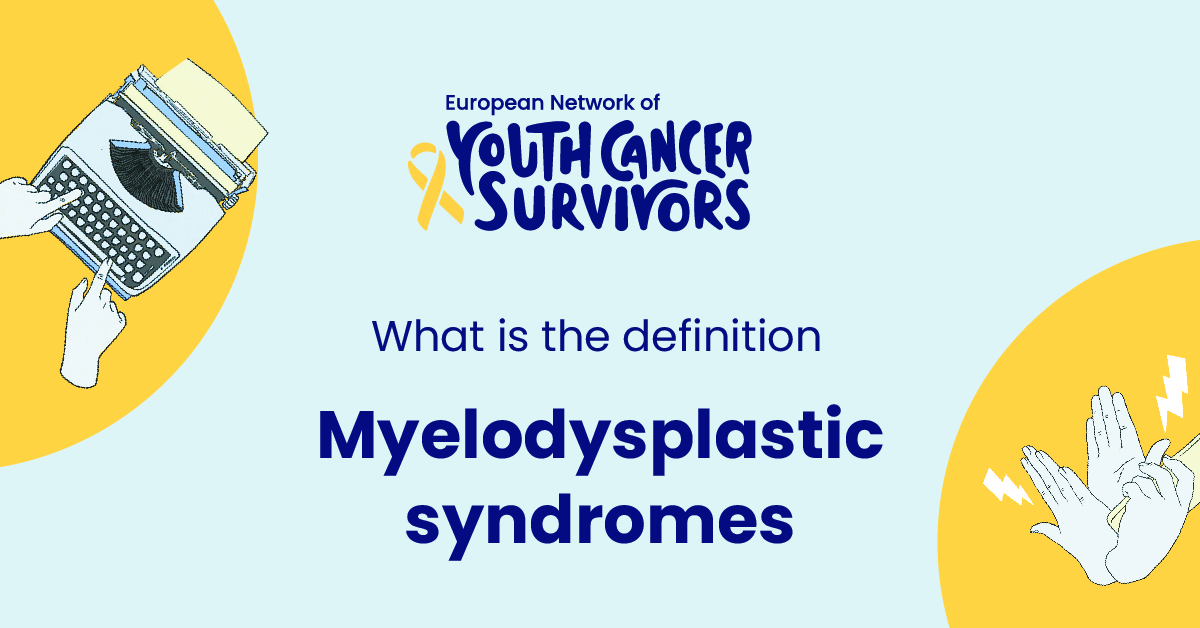
In an era where medical knowledge is crucial, understanding complex medical conditions such as Myelodysplastic Syndromes (MDS) becomes profoundly important. Initially, these syndromes may seem intimidating due to their intricate pathology, but a detailed overview can enhance your understanding.
Defining Myelodysplastic Syndromes
Myelodysplastic Syndromes are a group of disorders characterized by the bone marrow’s incapability to produce sufficient healthy blood cells. As a result, this condition leads to blood shortages, compelling the body to rely on underdeveloped or dysfunctional cells.
The bone marrow, a spongy tissue located in your bone structure, plays a pivotal role in MDS. It has the responsibility of generating three types of blood cells – white cells (fight infection), red cells (carry oxygen), and platelets (prevent bleeding). In MDS, however, the formation of these cells is interrupted, leading to various health complications.
Causes and Risk Factors of Myelodysplastic Syndromes
MDS can be categorized into primary (unknown cause) and secondary (result of chemotherapy or radiation). Certain environmental exposure such as to chemicals like benzene or heavy metals may also result in MDS. Genetic mutations too play a role, although the exact genetic mechanisms are still being explored.
As for susceptibility, age is a critical risk factor, with MDS predominantly affecting the elderly. At present, there’s an unmet need for research on why this demography is particularly prone to MDS.
Classification and Types of Myelodysplastic Syndromes
Myelodysplastic Syndromes are classified based on the type of blood cells affected. The three broad types correspond to which types of blood cells—red cells, white cells, or platelets—are affected and reveal how they appear under a microscope.
The different types of MDS, such as Refractory Anemia, Refractory Anemia with Ring Sideroblasts, Refractory Anemia with Excess Blasts, and Chronic Myelomonocytic Leukemia, each have unique features and patterns of progression.
Get to know us better
If you are reading this, you are in the right place – we do not care who you are and what you do, press the button and follow discussions live

Diagnosis and Symptoms of Myelodysplastic Syndromes
Symptoms of MDS are often subtle but commonly include fatigue, shortness of breath, pale skin, and frequent infections. In more severe cases, patients may also exhibit small red spots beneath the skin or bleed excessively due to a decrease in platelets.
Diagnosis procedures encompass blood tests (to identify blood cell abnormalities), bone marrow tests (to find cell anomalies or chromosome alterations), and cytogenetic analysis (to unveil genetic variations related to MDS).
Treatment Options and Management for Myelodysplastic Syndromes
Several treatment modalities such as supportive care to alleviate symptoms, chemotherapy, immunosuppressive therapy, and targeted therapy medicines are used to combat MDS. Additionally, more severe instances may warrant bone marrow transplants for comprehensive management of the condition.
Futuristic treatments and research are also focused on personalized medicines and therapies, hoping to enhance patient outcomes and revitalize the future of MDS care.
Conclusion
Myelodysplastic Syndromes, although intricate and complex, can be understood with a comprehensive and integrated approach. While research continues on many fronts, focusing on early diagnosis and appropriate management strategies is essential.
FAQs:
- What is Myelodysplastic Syndromes?
Myelodysplastic Syndromes (MDS) are a group of disorders whereby the bone marrow is unable to produce enough healthy blood cells, leading to blood shortages.
- What are the causes and risk factors of Myelodysplastic Syndromes?
Causes can be unknown, the outcome of chemotherapy or radiation, or exposure to harmful chemicals or heavy metals. Age is a significant risk factor as MDS primarily affects older adults.
- What are the different types of Myelodysplastic Syndromes?
MDS types vary based on which type of blood cells are affected. They include Refractory Anemia, Refractory Anemia with Ring Sideroblasts, Refractory Anemia with Excess Blasts, and Chronic Myelomonocytic Leukemia.
- How are Myelodysplastic Syndromes diagnosed?
Diagnostic procedures include blood tests, bone marrow tests, and cytogenetic analysis to identify abnormalities or alterations in the blood or bone marrow cells.
- What are the treatment options and management strategies for Myelodysplastic Syndromes?
Treatments include supportive care, chemotherapy, immunosuppressive therapy, and targeted therapy medicines. Severe cases may require a bone marrow transplant.







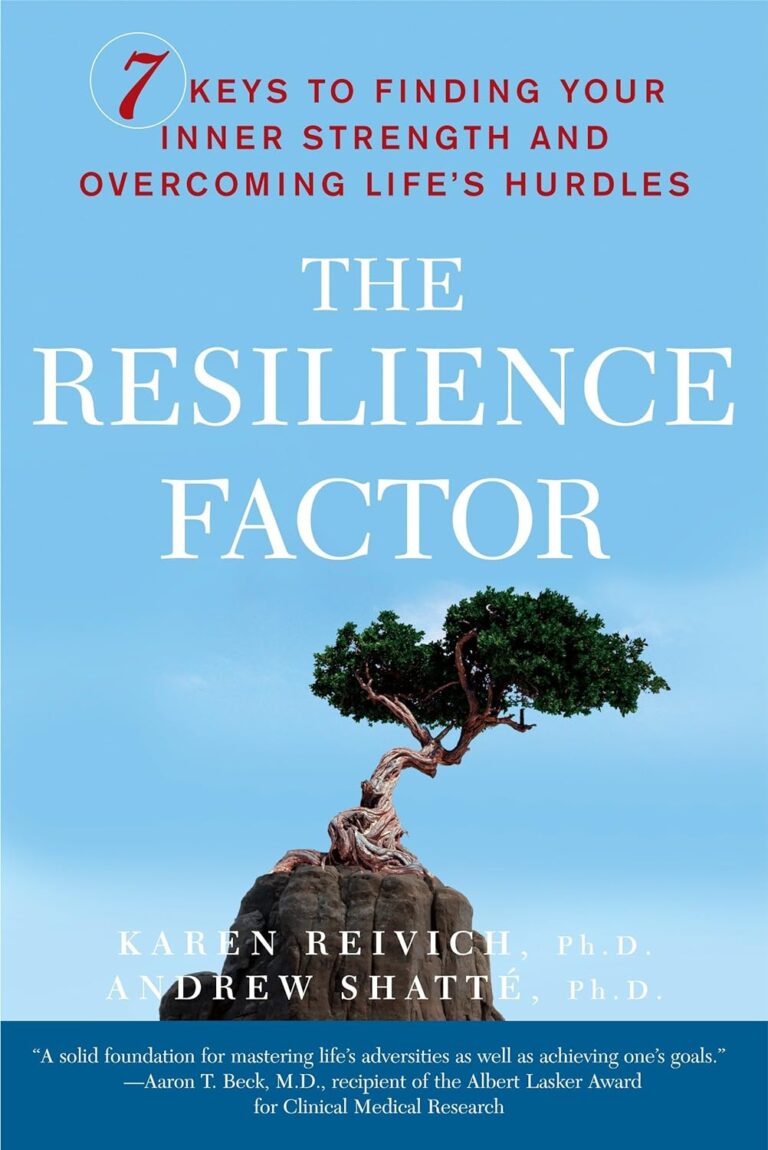



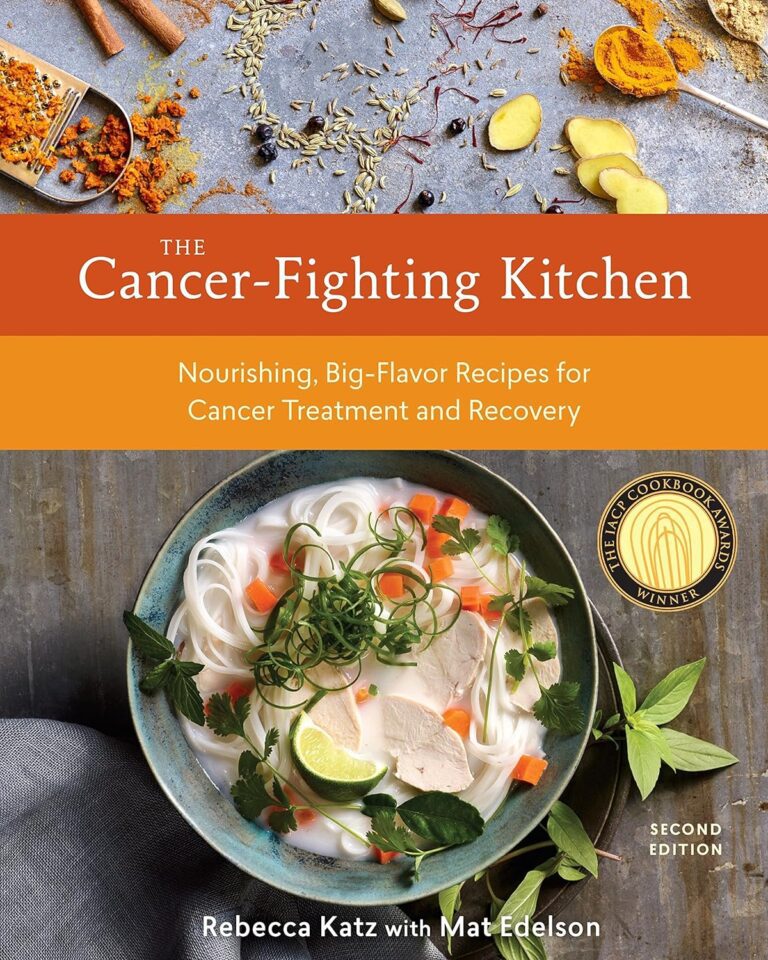

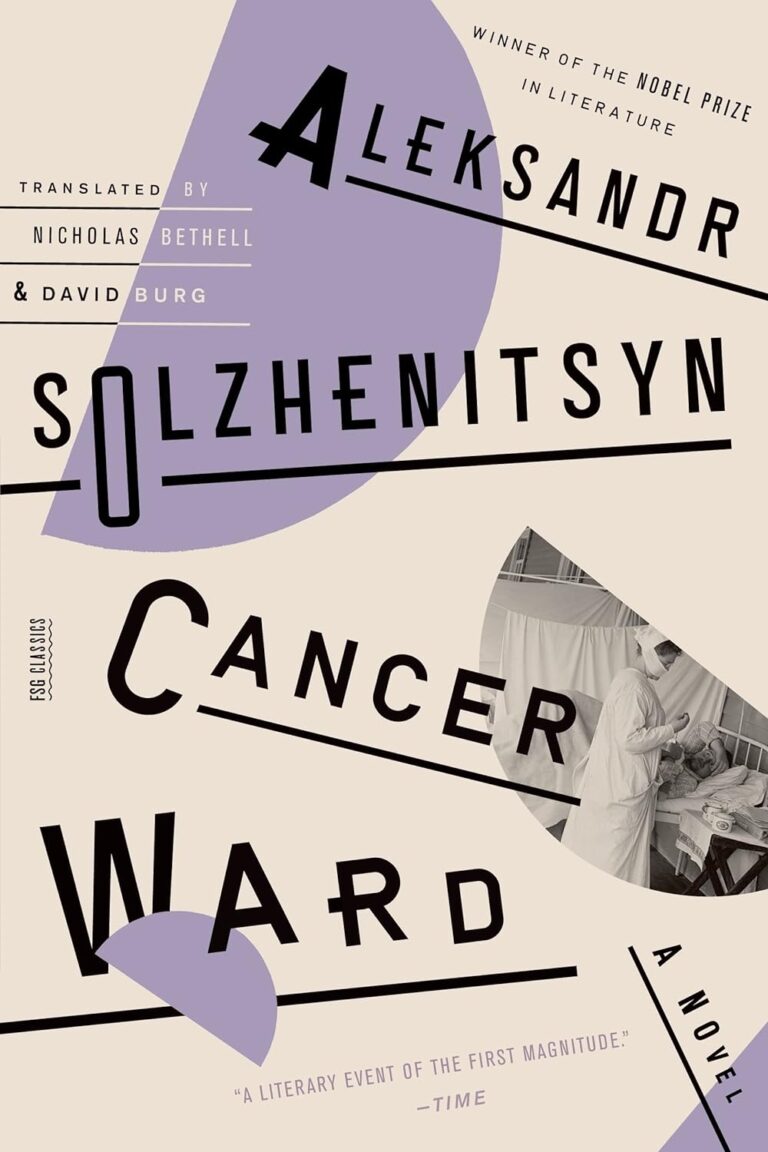

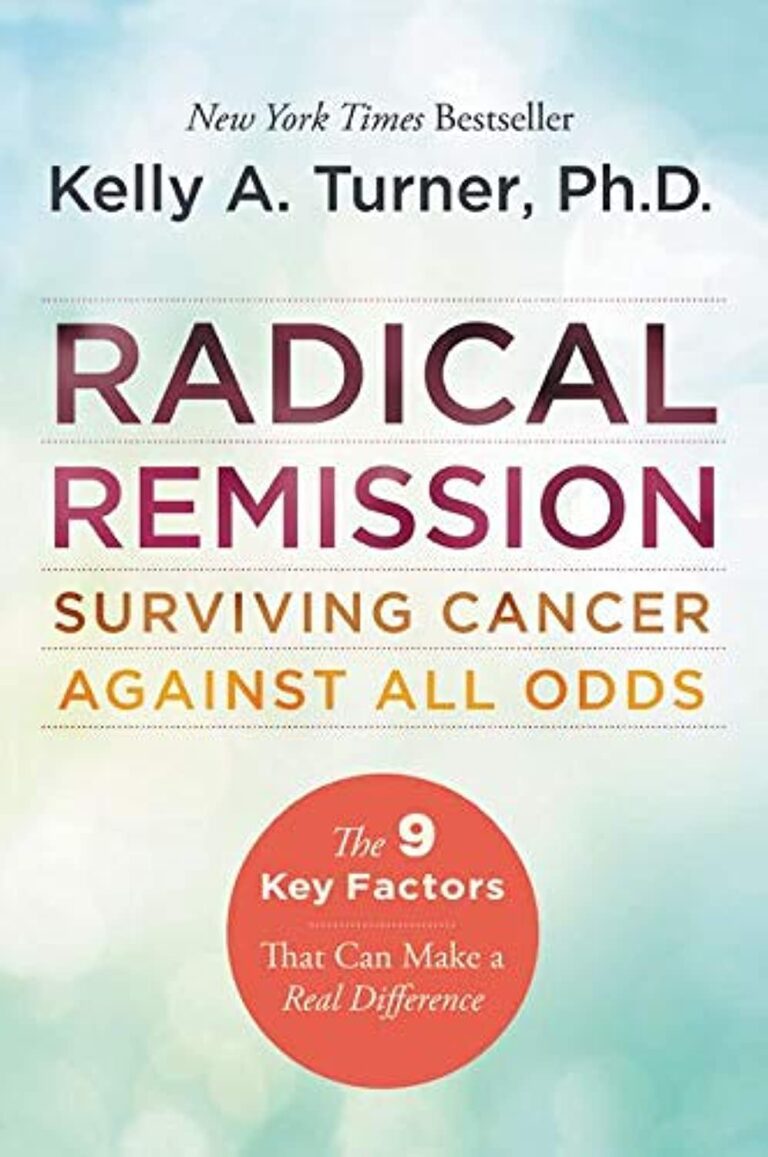

Comments
Thank you. Comment sent for approval.
Something is wrong, try again later